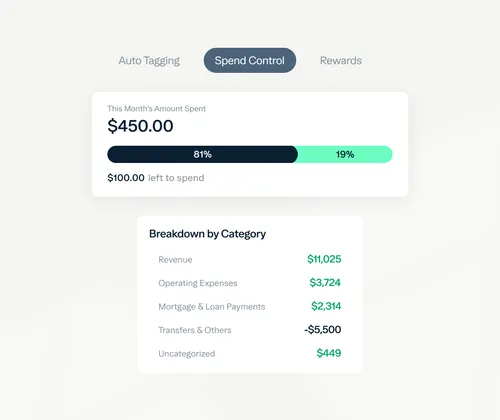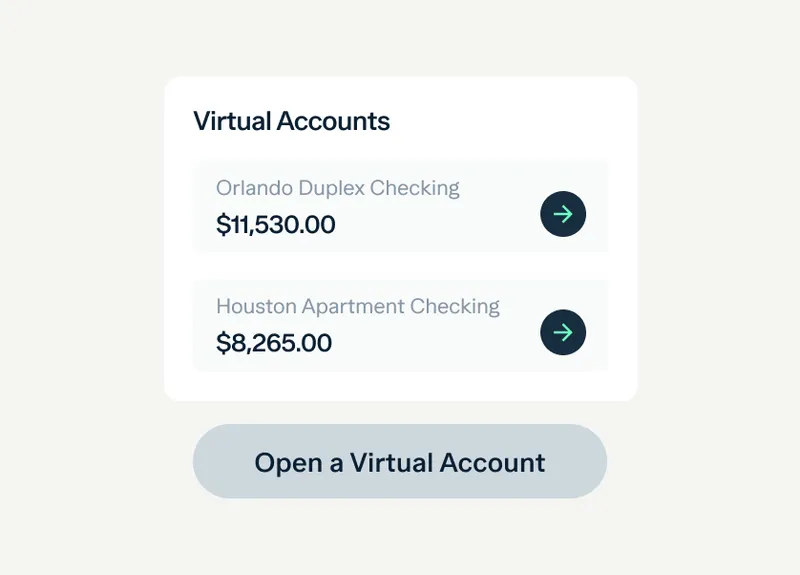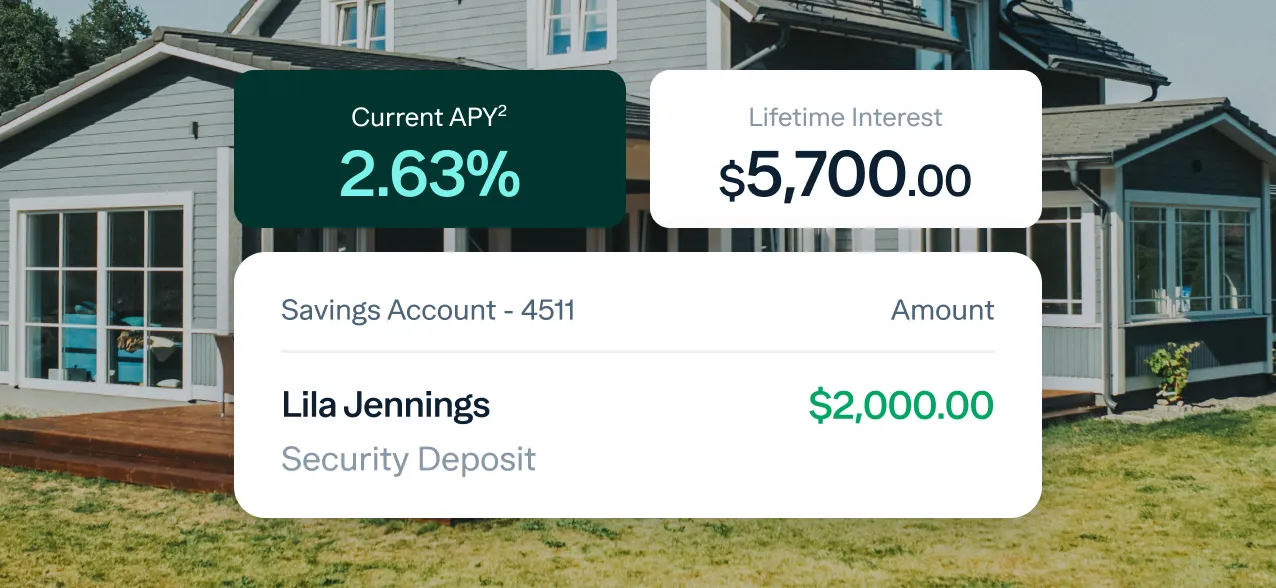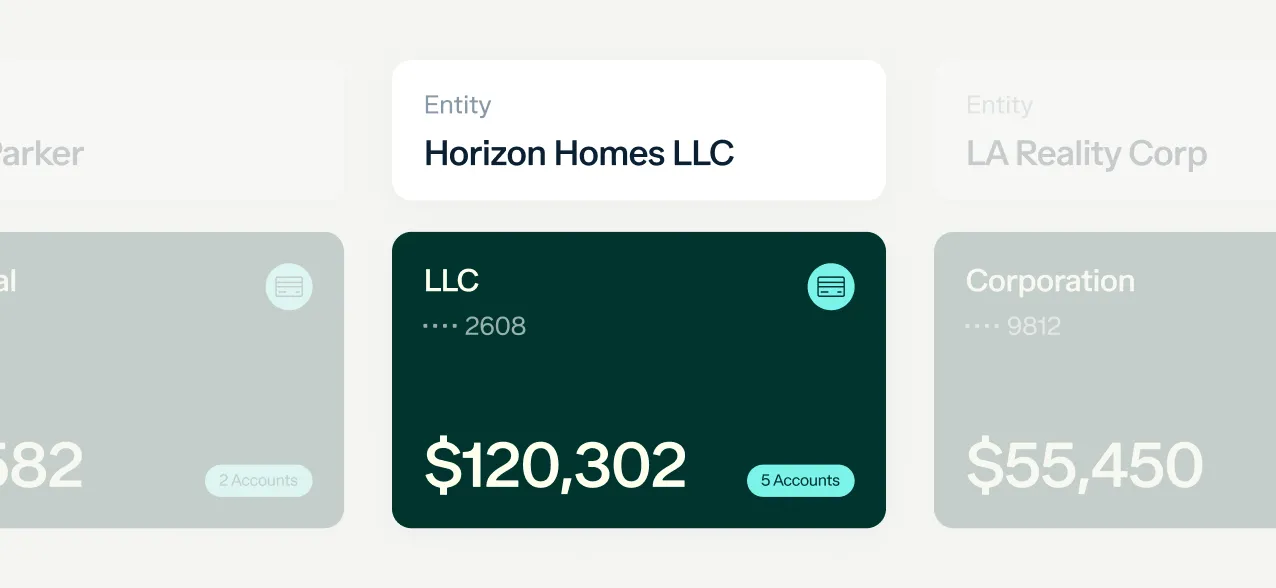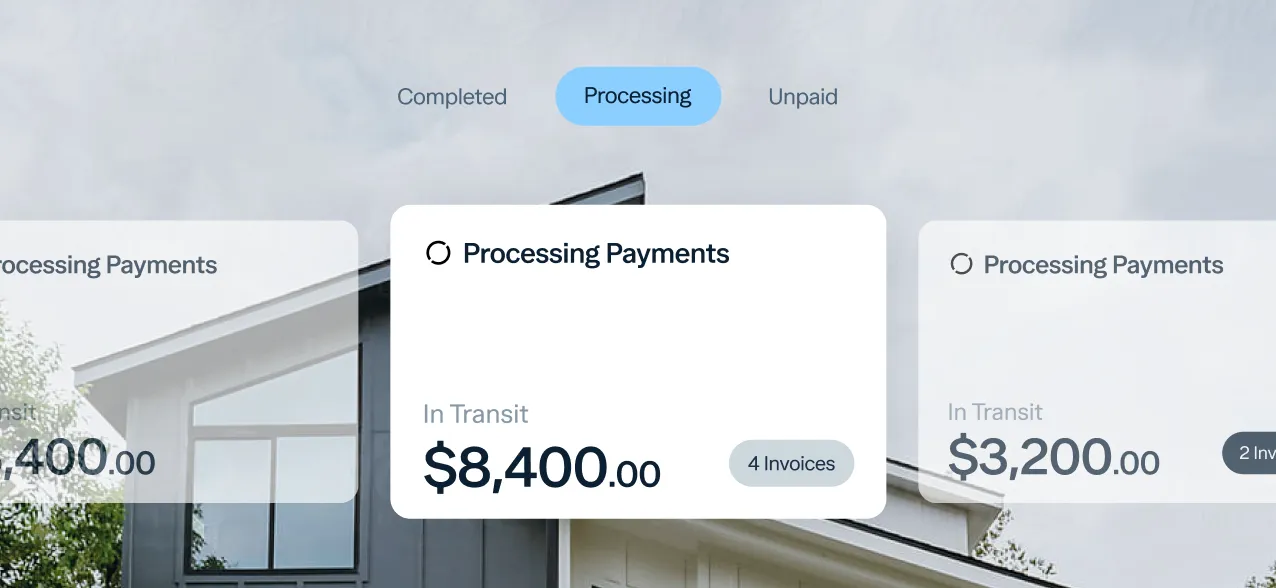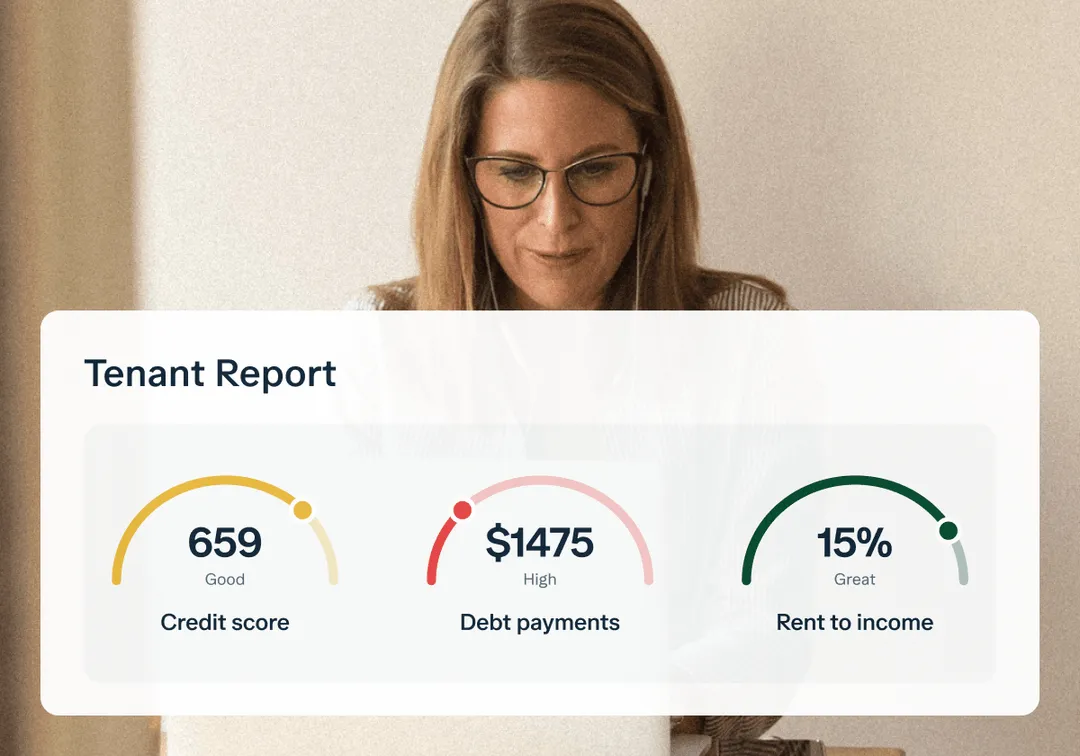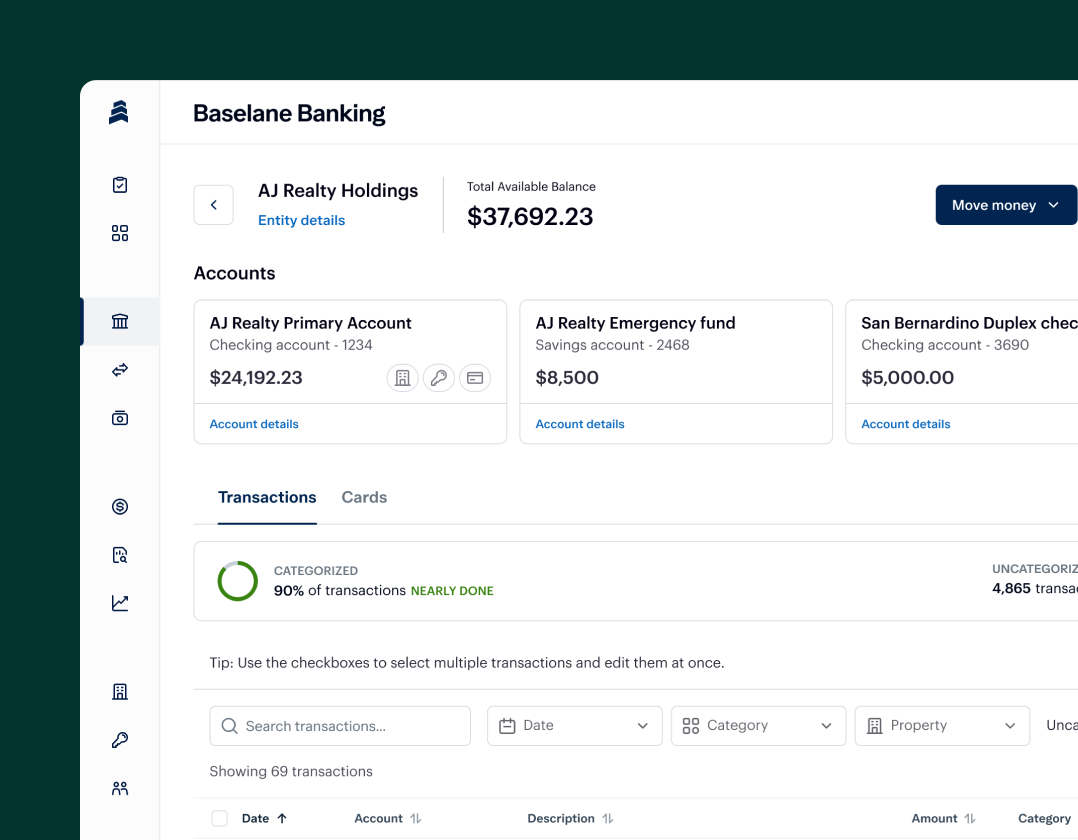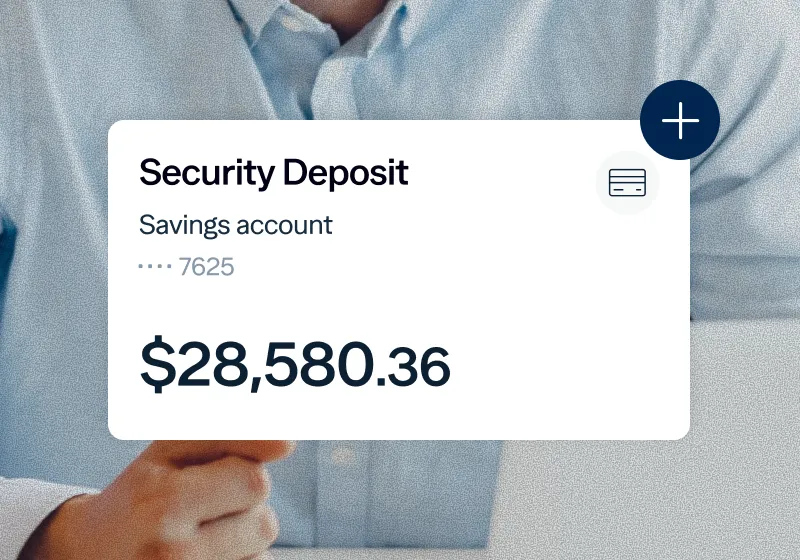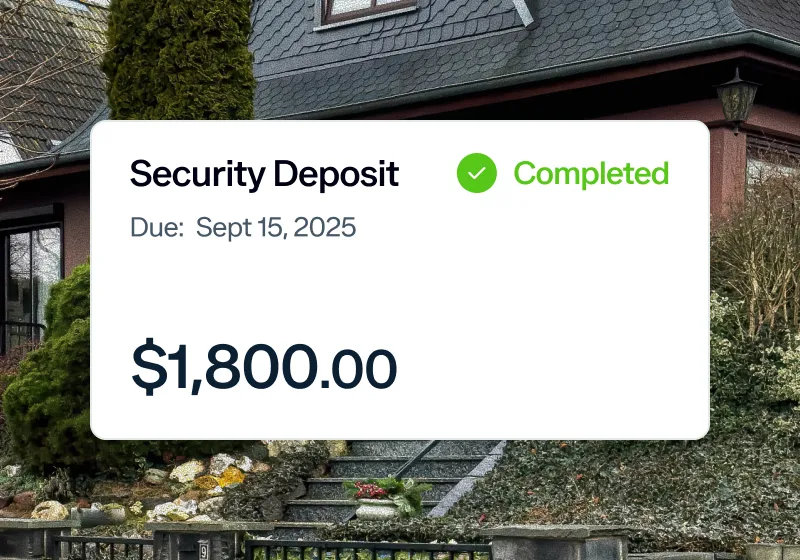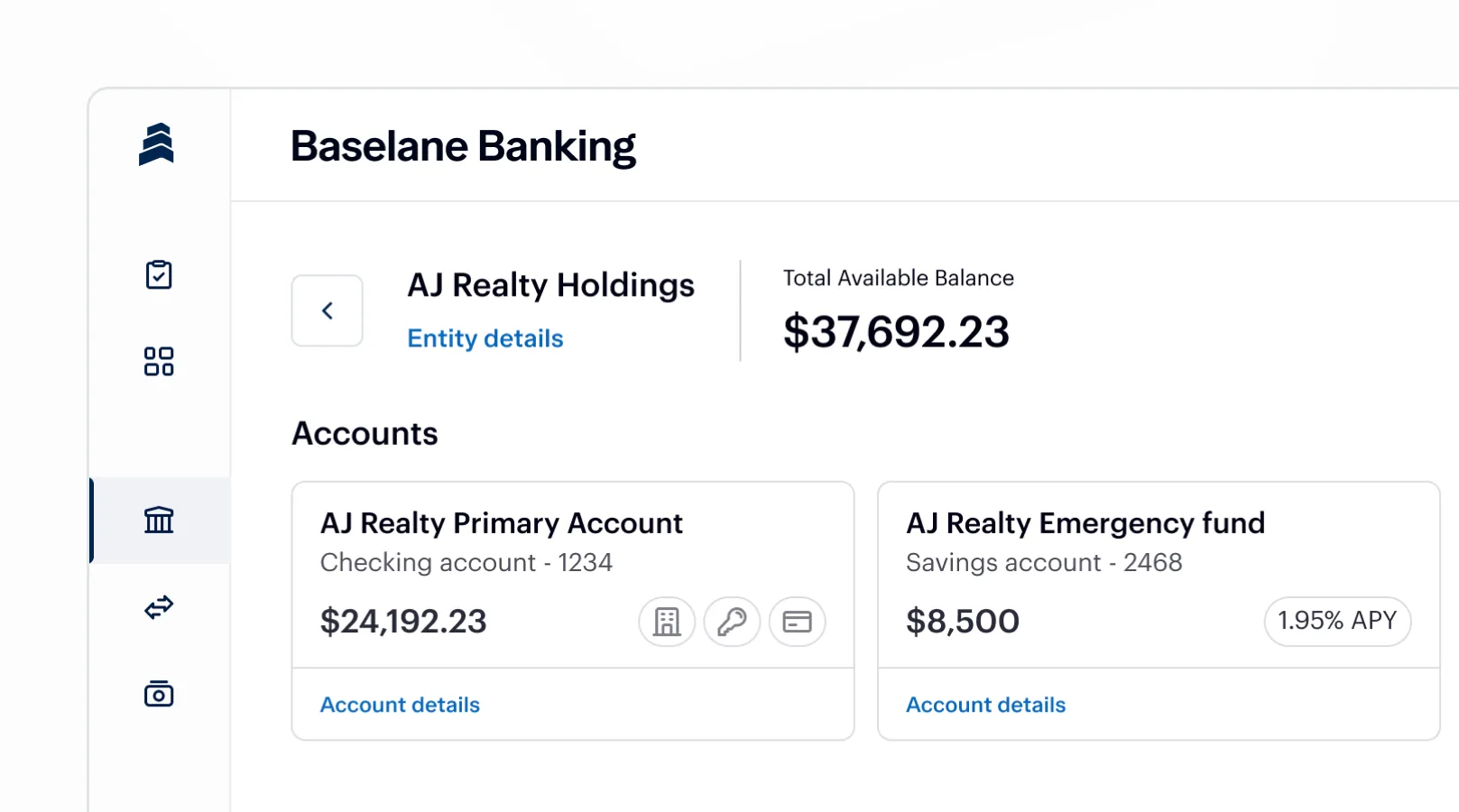Florida law does not set a maximum limit on how much a landlord can charge for a security deposit. Most landlords typically charge one to two months’ rent based on factors like tenant history, credit, or pets. Landlords must return the deposit within 15 days if there are no deductions, or issue written notice of deductions within 30 days after the tenant moves out.
Security deposit rules in {{ state }}
Limit: Florida law does not set a specific limit on the amount a landlord may charge for a tenant security deposit. Most landlords typically collect one to two months’ rent, depending on the tenant’s credit, rental history, or the presence of pets. The tenant deposit amount must be clearly stated in the lease agreement before occupancy, and it is recommended to maintain the funds in a security deposit bank account in Florida for proper tracking and compliance.
Return Deadline: The landlord must return the tenant security deposit within 15 days if there are no deductions. If deductions are made, the landlord must provide written notice of intent to withhold funds within 30 days after the tenant vacates the property. If the landlord fails to return the deposit or send written notice within the required timeframe, they forfeit the right to make deductions and may be required to return the full deposit.
Acceptable Deductions: Landlords may deduct unpaid rent, late fees, damages beyond normal wear and tear, and reasonable cleaning costs necessary to restore the property to its original condition. All deductions from the tenant security deposit must be itemized and accompanied by documentation or receipts.
Where to Deposit: Florida landlords must hold tenant deposits in one of three ways:
- In a separate non-interest-bearing account,
- In an interest-bearing account (with the tenant receiving annual interest payments), or
- By posting a surety bond with the county clerk.
Landlords must provide written notice to the tenant within 30 days of receiving the deposit, specifying the method used and the bank’s name and address. The security deposit escrow account in Florida must be maintained in a financial institution located within the state. If the deposit is held in an interest-bearing account, the security deposit interest rate must be disclosed to the tenant. Using a landlord tenant security deposit bank account in Florida ensures compliance with state requirements and safeguards tenant funds.







